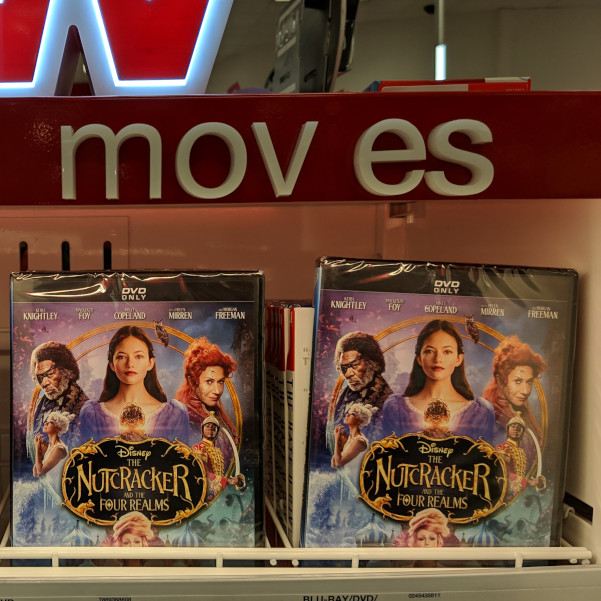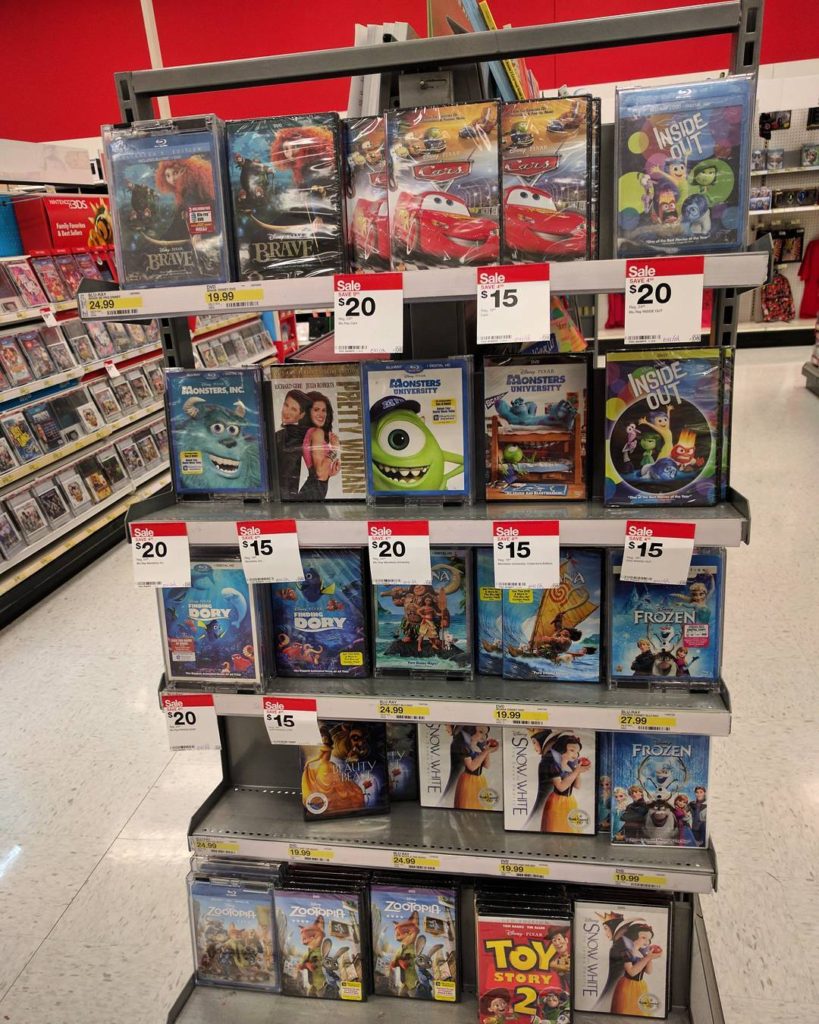Today I found myself thinking of Terminator 3, specifically the plotline in which all kinds of random computer crashes are spreading across the internet.
For obvious reasons.
In today’s real world incident, it’s a bug in an auto-pushed update for widely-used security software by CrowdStrike, ironically used to protect mission-critical systems. In the two-decade-old movie (pardon me while I turn to dust), it’s Skynet spreading itself across the internet.
At the time, I thought the nuclear strike would wipe out a lot of internet infrastructure, destroying major nodes and leaving pieces of Skynet disconnected from each other. A commenter remarked that he’d been doing research for a novel and experts agreed that enough of the major nodes and infrastructure would survive the attack to keep the network functioning.
The interesting thing: Neither of us had heard the story that ARPANET (the internet’s predecessor) had been designed for that scenario. These days, it’s pretty much repeated as gospel… but apparently it wasn’t a design goal, and the idea that it was can be traced back to a 1991 article in Network World magazine that conflated ARPANET with a different network design, which was never actually built. (via)
From there it took on a life of its own for the same reason many urban legends (and conspiracy theories) do: it made a better story.


